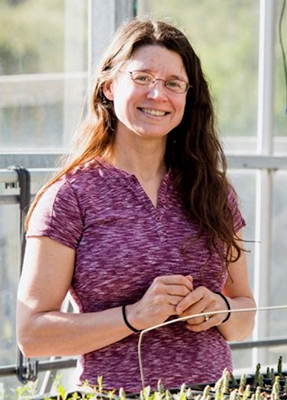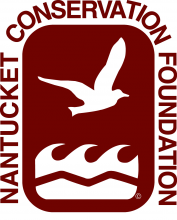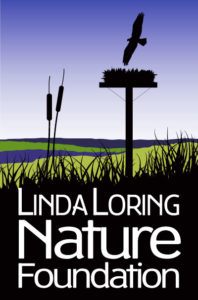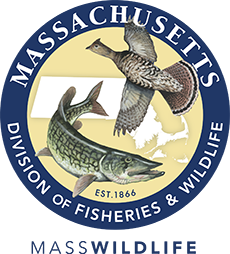Polly Weigand holds a Bachelor of Science in Environmental Studies and Biology from St. Lawrence University in Canton NY and a Master’s of Science in Urban Ecology from Hofstra University. She is an Ecologist for the Central Pine Barrens Joint Planning and Policy in Westhampton Beach, NY and is responsible for implementing science, stewardship, and educational activities including prescribed burns, ecosystem management and monitoring, and invasive species control in order to help protect the Central Pine Barrens, a globally rare ecosystem.
Polly also serves as the Executive Director of the Long Island Native Plant Initiative (LINPI), an organization she founded during her 13-year tenure with the Suffolk County Soil and Water Conservation District. LINPI, advances wildland seed collection, banking, and plant material production in order to provide ready sources of genetically adapted and ecologically appropriate plant materials for use in commercial plant production, landscaping and restoration activities. In addition, Polly also helps oversee the administration of the Long Island Invasive Species Management Area, the local Partnership for Regional Invasive Species Management (PRISM) as an additional means to further help protect Long Island’s native ecosystems from the degrading effects of invasive species.
Grassland restoration has been the central focus of her educational accomplishments and professional career. For her master’s thesis, Polly conducted the first comparative floristic grassland study on Long Island “When does restoration do more harm than good? Lessons learned for grassland management in the Atlantic Coastal Pine Barren Ecoregion”, which also examined the impact of management and land use on grassland quality. She also has developed many technical reports and inventories to aid the public and agencies in countless grassland creation and restoration projects. To help ensure restoration of regional sandplain grasslands advances with the most ecologically appropriate plant materials, Polly continues to lead LINPI in conducting commercial production of seed and plant materials for a diversity of sandplain grassland species.














